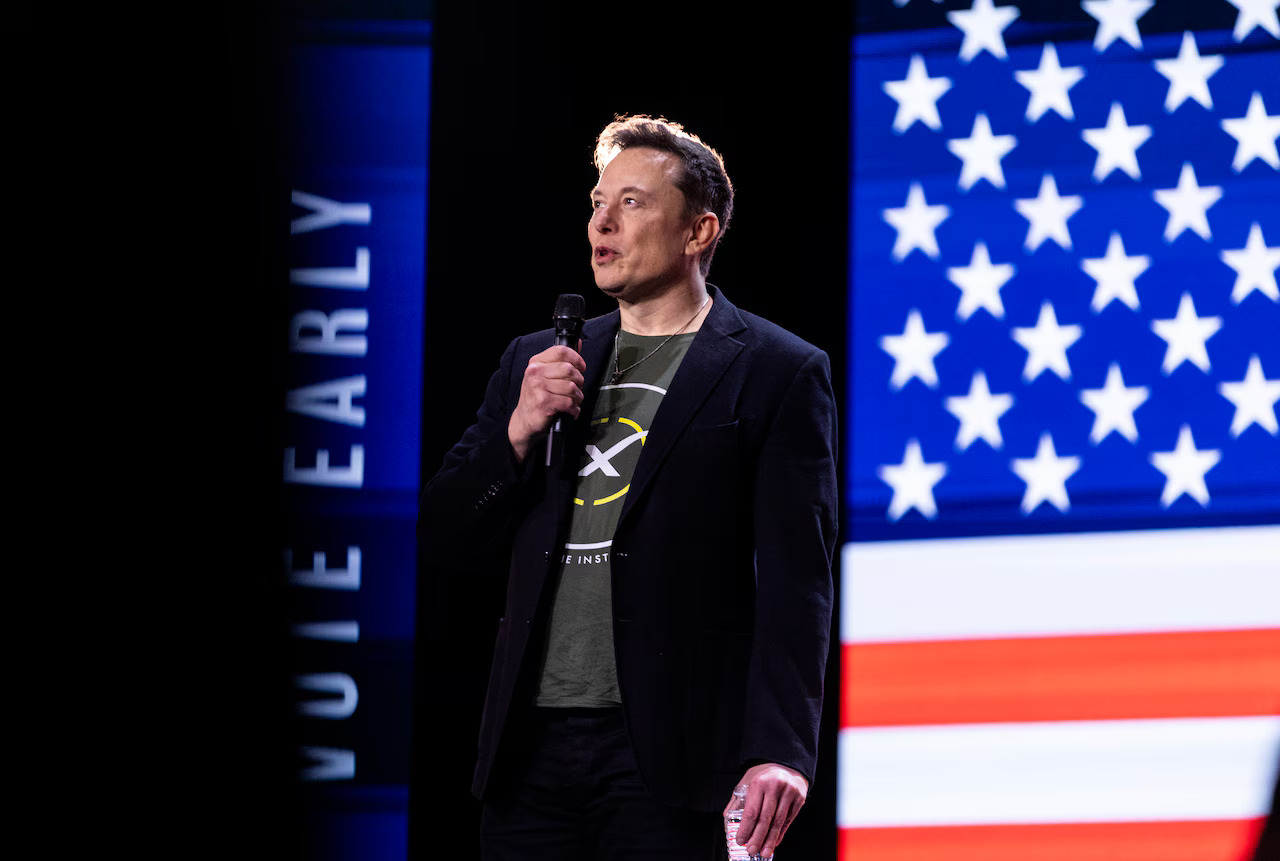Home / US election: Legal experts question Elon Musk's planned cash giveaways
US election: Legal experts question Elon Musk's planned cash giveaways

US Election: Legal Concerns Arise Over Elon Musk’s Cash Giveaway Scheme
Elon Musk’s recent pledge to distribute $1 million per day leading up to the U.S. election has sparked legal scrutiny, as experts suggest the plan may breach federal laws prohibiting financial incentives to influence voter participation. Pennsylvania Governor Josh Shapiro voiced concerns on Sunday, stating that law enforcement might investigate Musk’s initiative, which offers money to registered voters in key swing states who sign an online petition.
At a rally in Harrisburg, Pennsylvania, part of his America PAC event supporting Republican candidate and former President Donald Trump, Musk handed a $1 million check to an attendee. This effort, aimed at galvanizing support for Trump, drew attention from officials like Shapiro.
“Musk has every right to express his political views,” Shapiro remarked during an interview on NBC’s *Meet the Press*. “He’s been very open about his support for Donald Trump. I, of course, disagree with him. But when money starts flowing into the political arena like this, it raises profound concerns.”
Through America PAC, which he established to back Trump’s bid against Vice President and Democratic candidate Kamala Harris in the upcoming November 5 election, Musk has committed $75 million. “This election will determine not just the fate of America, but the fate of Western civilization,” Musk declared at a recent pro-Trump town hall in Folsom, Pennsylvania.
While political action committees (PACs) are common in U.S. elections, legal experts are troubled by Musk’s promise of $1 million checks to those who sign a petition endorsing the First and Second Amendments. These amendments protect freedom of speech and the right to bear arms. The issue arises because signees must be registered voters, which potentially violates federal laws prohibiting cash or lottery incentives to motivate voting or registration.
Federal law deems it illegal to pay individuals with the intent of encouraging them to vote or register, an offense punishable by imprisonment.
The law extends beyond direct cash payments to include any items of value, such as alcohol or lottery entries, according to the Department of Justice’s election-crimes manual.
Rick Hasen, a law professor at the University of California, Los Angeles, emphasized the legal ramifications in a blog post on Saturday, noting that, while some of Musk’s previous actions skirted legal ambiguity, this latest endeavor crosses a clear line. “I’d be curious to see if anyone argues this doesn’t constitute a blatant violation,” Hasen wrote.
Brendan Fischer, a campaign finance attorney, further elaborated to the Associated Press, stating that Musk’s plan approaches a legal grey area because the PAC is requiring individuals to be registered voters to qualify for the $1 million payout. “If all petition signers in Pennsylvania were eligible for the payment, the legality would be less questionable. But conditioning it on voter registration likely contravenes federal law,” Fischer noted.
Michael Kang, a professor specializing in election law at Northwestern University’s Pritzker School of Law, pointed out that the timing of the giveaway, so close to Election Day, complicates the situation. “While it’s not exactly the same as paying someone to vote, the proximity to Election Day and the conditions surrounding it make this effort troubling from a legal standpoint,” Kang told AP.
 Lynda Shaw
Lynda Shaw 